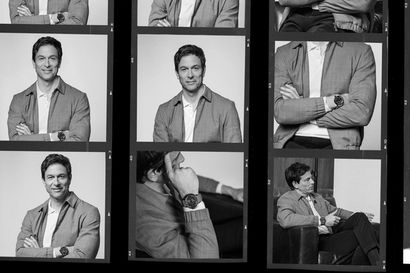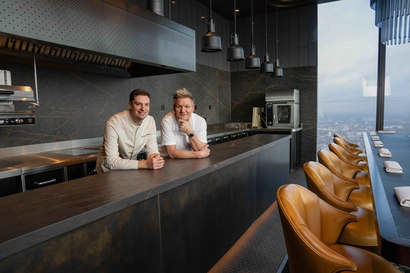Championing sustainability and style, Sir Plus founder Henry Hales has forged a menswear brand like no other. Through upcycling offcuts and surplus (get it?) fabric from factories and tailors, Sir Plus reimagines classic garments in a more contemporary and luxury guise.
Occupying a regular residence on the Portobello Market, a recently opened studio shop in Bethnal Green, as well as an online store, Sir Plus has hastily established a loyal customer base of stylish gents taken with the story, quality and quintessential Britishness of the brand.
The Gentleman’s Journal took the opportunity to quiz the company’s founder on business, boxer shorts, velvet suits, Nehru jackets and why every gentleman should write a good thank you letter:
What was the spark behind starting Sir Plus? And what prompted that move into menswear?
I really wanted to start a business. I thought that the men’s underwear market was undersupplied and that I could make a better product then there was out there on the marketplace, so I had these designs made and this concept and then set about trying to make them. What I found was that to manufacturer the boxer shorts from scratch with my designs was really challenging and expensive because getting fabric printed to your requirements is very difficult and can be quite costly.
However, whilst doing my research, I realised that often factories make up their orders and have materials left over. So instead of doing my original concept, which was really crazy designs on boxer shorts, I decided to start buying the surplus fabrics from other shirt makers and it enabled me to get a better quality fabric and a lower volume of it and then start making them into boxer shorts.
So the offcuts you source, are they just from England or do you go further afield to Italy etc.?
Well they’re not actually just offcuts. Offcuts are pieces maybe 30cm or 50cm, which is what we started with. But now it’s very much rolls or 50 metres, 100 metres – we bought 300 metres recently. If a factory, or merchant, or mill or a brand, for whatever reason has to sell their fabric, which happens regularly, then because of our reputation in the industry, they’ll know we would be interested. So they’ll get in touch and we’ll buy it off them – we’ve bought from India, Italy, Turkey, Portugal. We’ll only buy the best quality but all of these countries have a specialty, the cashmere and the silk that we buy from Italy is really great, the jersey from Portugal’s incredible and the wools we use from England are really great. So it was originally just from Britain, but now we source from all over the world.
You’ve now expanded beyond underwear, tell us about that…
It’s been one big story and adventure. We didn’t set out with this plan to start with boxer shorts and then end up making jackets. I really just thought I’d grow the boxer shorts side of the business but I realised that if I want to make more sales, rather than selling more boxer shorts, I’m going to have to sell other products. So it’s really been a case of what would fit the brand and what we can make.
With half a metre of fabric you can make a nice waistcoat, but you can’t make a jacket. A lot of the tailors and factories would have a metre of fabric that I could buy from them and make into a waistcoat, so we originally started making nice tweed waistcoats to wear with jeans and chinos. From there we moved onto wedding waistcoats, as that’s when most people would wear a waistcoat, and the wedding side started doing really well for us.
People then started coming up saying have you considered making something I can wear a little more casually, that’s almost a jacket and a few people showed us the Nehru styles. We started making them before moving onto the Nehru jacket by adding some sleeves. It was really organic and just evolution, it’s not a kind of strategy, but it’s worked really well for us, just adding a couple of products a year and focusing on them and trying to make them better than anyone else’s; rather than adding to the range unnecessarily.
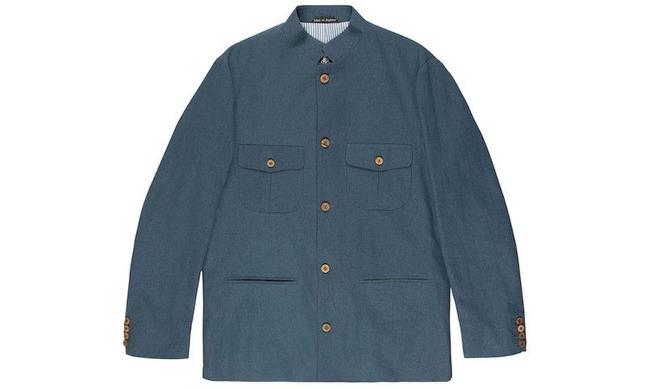
You say it’s quite organic, but are there any future plans, any new additions on the horizon?
Again because of the jackets we sell, it’s been suggested that we start making collarless shirts, and for me they’re about to take off and go mad, everyone’s going to be wearing collarless shirts. Hopefully we’ll be ahead of the trend as we’ve sampled a few and gone into production and they’re the next thing for us.
Does it change quite regularly then? Is it not cyclical?
Depending on the fabric. It’s normally always possible to find a grey knit so with regular styles we can get repeats. But with really unusual fabrics, we might just be able to buy a couple of meters and that’s it, we can’t buy anymore. It really just depends on what the fabric is. In general no, we normally can’t do repeats but if it’s a supplier we know well and we say “you gave us 100 meters, if you have somebody go off on you, can you make us a bit more?” Then sometimes we can get it. Or maybe if a wedding customer ordered a particular style and they liked a particular style and they say they want more of it. We might be able to find something similar but not exactly the same shade. So really, in general we can’t normally get the same fabric again, but we’re quite flexible and we know lots of places and are often able to sort out something very similar.
So how would you describe your archetypal Sir Plus man?
They’ve got to appreciate quality and good design, be a little bit eccentric, know what works with what – so the colour palette really works, you don’t want a pair of black shoes with bright blue trousers – doesn’t take themselves too seriously and appreciates the design of our clothes and hopefully buys into the breath of it. We’ve got loyal customers, who buy one thing and really appreciate it and keep coming back. There’s a lot of repeat customers and a lot of word of mouth, which is brilliant: a) because we’re doing something right and b) because it’s the cheapest form of marketing. I know that if we sell good products and keep customers happy, they’ll recommend us to others, which is great.
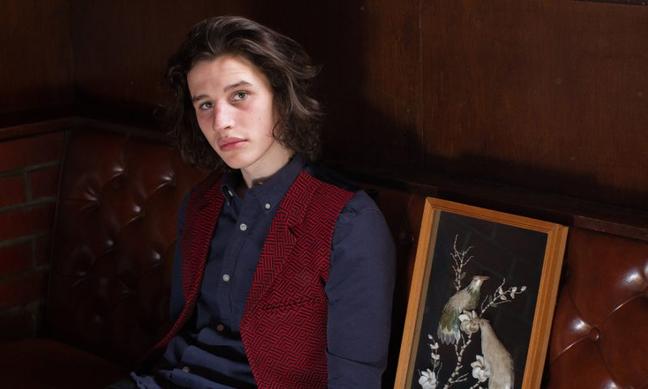
A bit about yourself, how would you describe your own daily style, is it as quintessentially British as your brand?
Obviously I like wearing my own clothes. I think it’s nice to dress up for an occasion, or dress down for an occasion, for that matter. Or wear a funky shirt or do whatever your feeling. I certainly know that when you think about what you’re wearing and you have a nice new purchase, you feel like your bossing the day. I guess making a bit of effort and having a least one thing that’s unusual, stands out and making an impression is important.
Is there a particular style icon you look up to?
There are so many clichés about Steve McQueen and Mick Jagger and all of those people but I wouldn’t say I look up to them in that sense. If I see them in a magazine you think they’re cool, but women have somebody like Alexa Chung who they’ll follow, and if she buys a bag they’ll go out and buy it themselves, I don’t really think that men have somebody like that, or I certainly don’t. I never kind of look at somebody for inspiration, so in that sense probably not but there are people I think looked cool and knew how to dress.
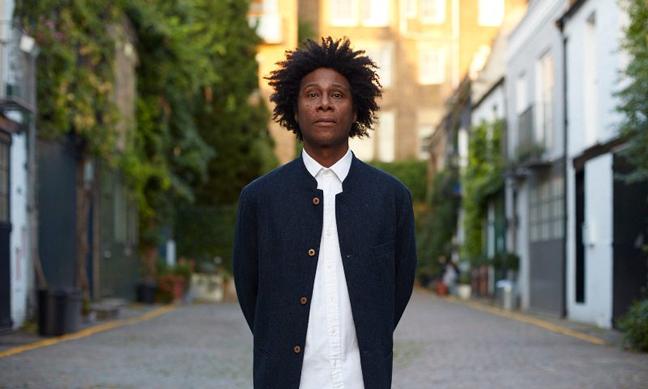
Final question, what would you say makes a man a gentleman in the modern day?
It’s all about having good manners really, and just being considerate, it sounds a bit cheesy doesn’t it? Maybe a good thank you letter and a bit of charm as well – charm goes a long way.
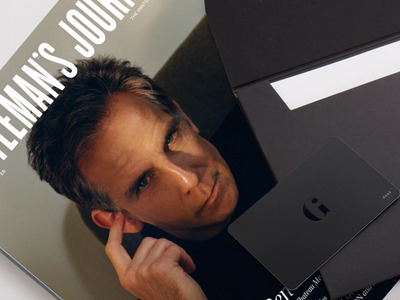
Become a Gentleman’s Journal Member?
Like the Gentleman’s Journal? Why not join the Clubhouse, a special kind of private club where members receive offers and experiences from hand-picked, premium brands. You will also receive invites to exclusive events, the quarterly print magazine delivered directly to your door and your own membership card.

